Will new molecular bioprinting technologies soon allow us to print our DNA?
Other research points to a future when we will be able to print DNA, nucleotide by nucleotide.
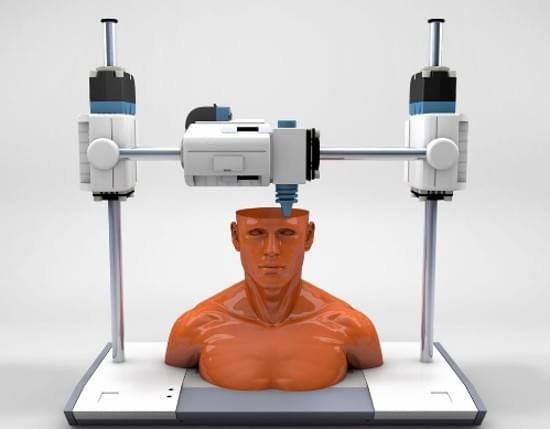
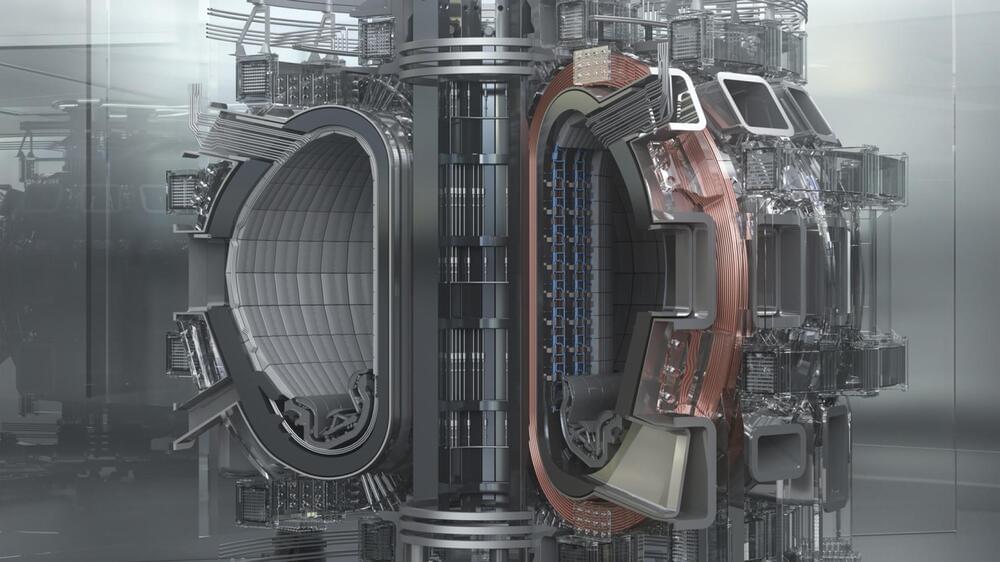
Fusion reactor.
Without a doubt someday it is possible to have fusion power plants providing sustainable energy resolving our long-standing energy problems. This is the main reason so many scientists throughout the world are carrying out research on this power source. The generation of power from this method actually mimics the sun.
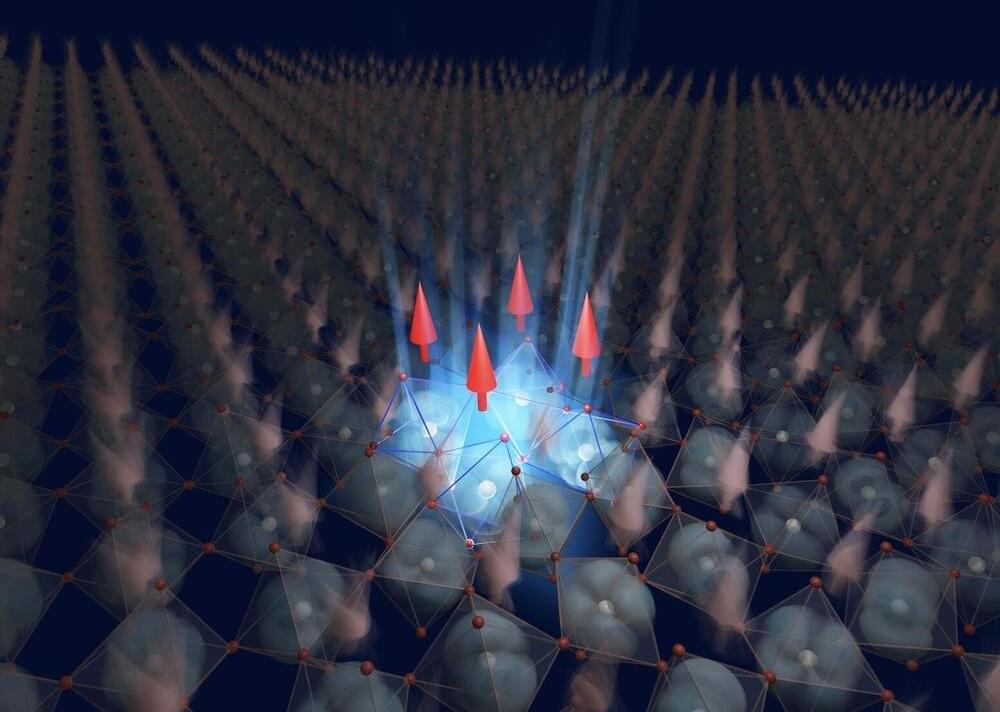
Researchers in Germany and the U.S. have shown for the first time that terahertz (THz) light pulses can stabilize ferromagnetism in a crystal at temperatures more than three times its usual transition temperature. As the team reports in Nature, using pulses just hundreds of femtoseconds long (a millionth of a billionth of a second), a ferromagnetic state was induced at high temperature in the rare-earth titanate YTiO3 which persisted for many nanoseconds after the light exposure. Below the equilibrium transition temperature, the laser pulses still strengthened the existing magnetic state, increasing the magnetization up to its theoretical limit.
Using light to control magnetism in solids is a promising platform for future technologies. Today’s computers mainly rely on the flow of electrical charge to process information. Moreover, digital memory storage devices make use of magnetic bits that must be switched external magnetic fields. Both of these aspects limit the speed and energy efficiency of current computing systems. Using light instead to optically switch memory and computing devices could revolutionize processing speeds and efficiency.
YTiO3 is a transition metal oxide that only becomes ferromagnetic, with properties resembling those of a fridge magnet, below 27 K or −246°C. At these low temperatures, the spins of the electrons on the Ti atoms align in a particular direction. It is this collective ordering of the spins which gives the material as a whole a macroscopic magnetization and turns it ferromagnetic. In contrast, at temperatures above 27 K, the individual spins fluctuate randomly so that no ferromagnetism develops.
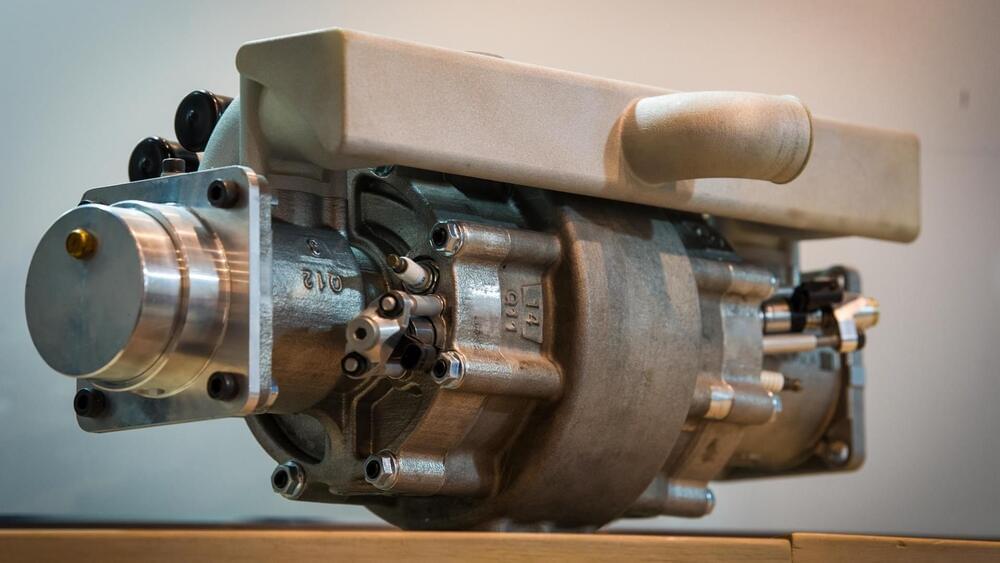
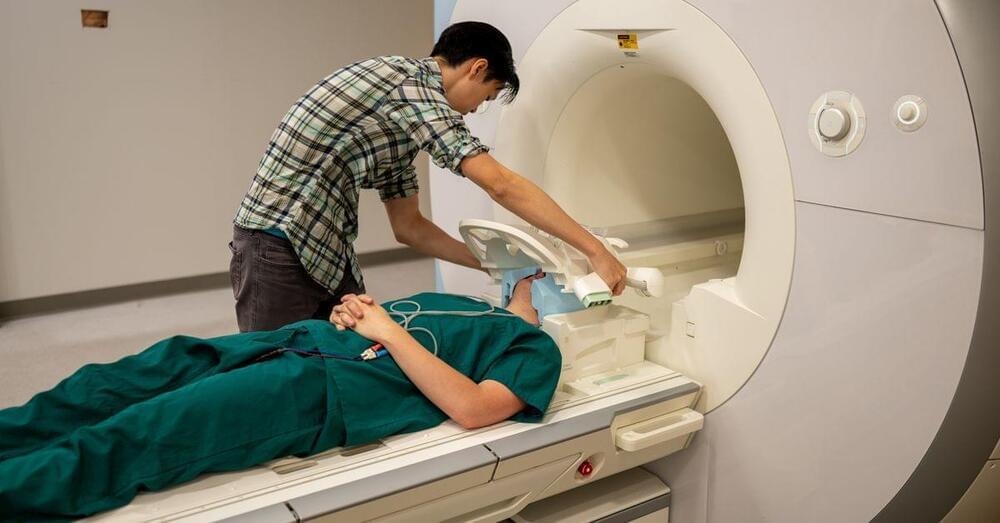

Servers running software sold by Salesforce are leaking sensitive data managed by government agencies, banks, and other organizations, according to a post published Friday by KrebsOnSecurity.
At least five separate sites run by the state of Vermont permitted access to sensitive data to anyone, Brian Krebs reported. The state’s Pandemic Unemployment Assistance program was among those affected. It exposed applicants’ full names, Social Security numbers, addresses, phone numbers, email addresses, and bank account numbers. Like the other organizations providing public access to private data, Vermont used Salesforce Community, a cloud-based software product designed to make it easy for organizations to quickly create websites.
Another affected Salesforce customer was Columbus, Ohio-based Huntington Bank. It recently acquired TCF Bank, which used Salesforce Community to process commercial loans. Data fields exposed included names, addresses, Social Security numbers, titles, federal IDs, IP addresses, average monthly payrolls, and loan amounts.
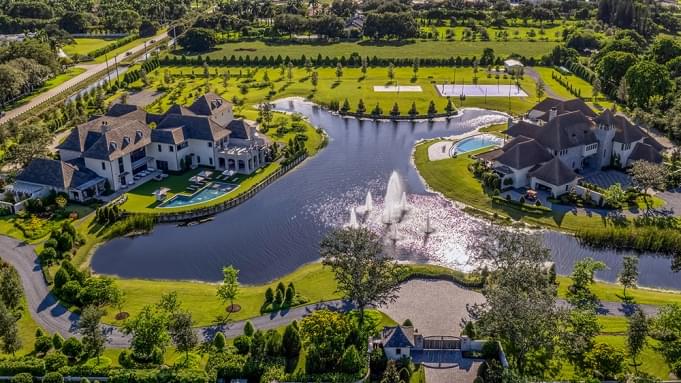

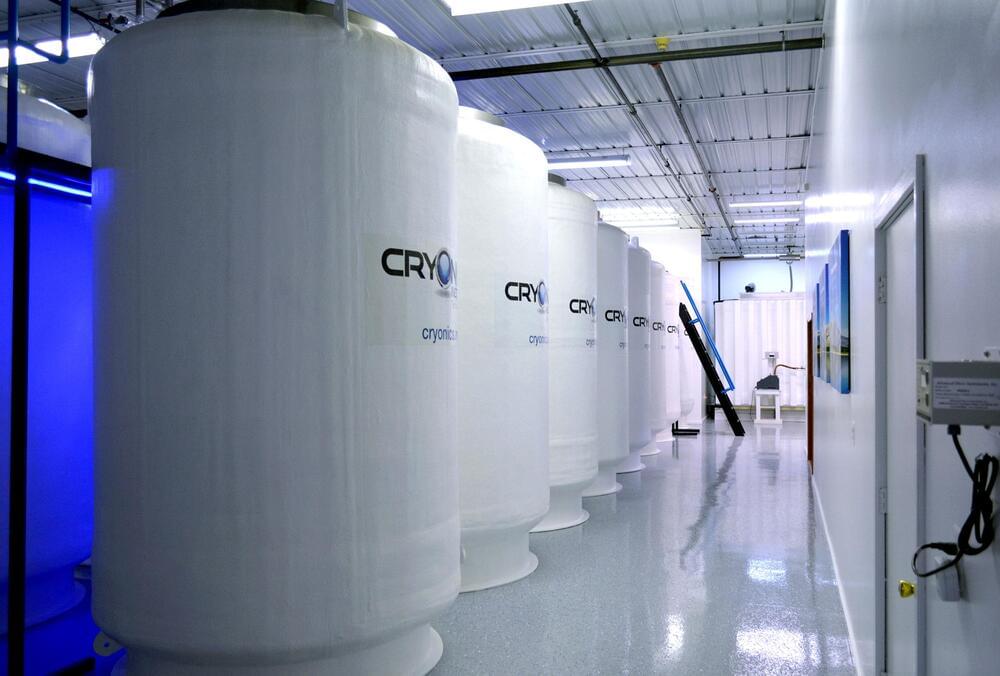
An artificial intelligence system enables robots to conduct autonomous scientific experiments—as many as 10,000 per day—potentially driving a drastic leap forward in the pace of discovery in areas from medicine to agriculture to environmental science.
Reported today in Nature Microbiology, the research was led by a professor now at the University of Michigan.
That artificial intelligence platform, dubbed BacterAI, mapped the metabolism of two microbes associated with oral health —with no baseline information to start with. Bacteria consume some combination of the 20 amino acids needed to support life, but each species requires specific nutrients to grow. The U-M team wanted to know what amino acids are needed by the beneficial microbes in our mouths so they can promote their growth.